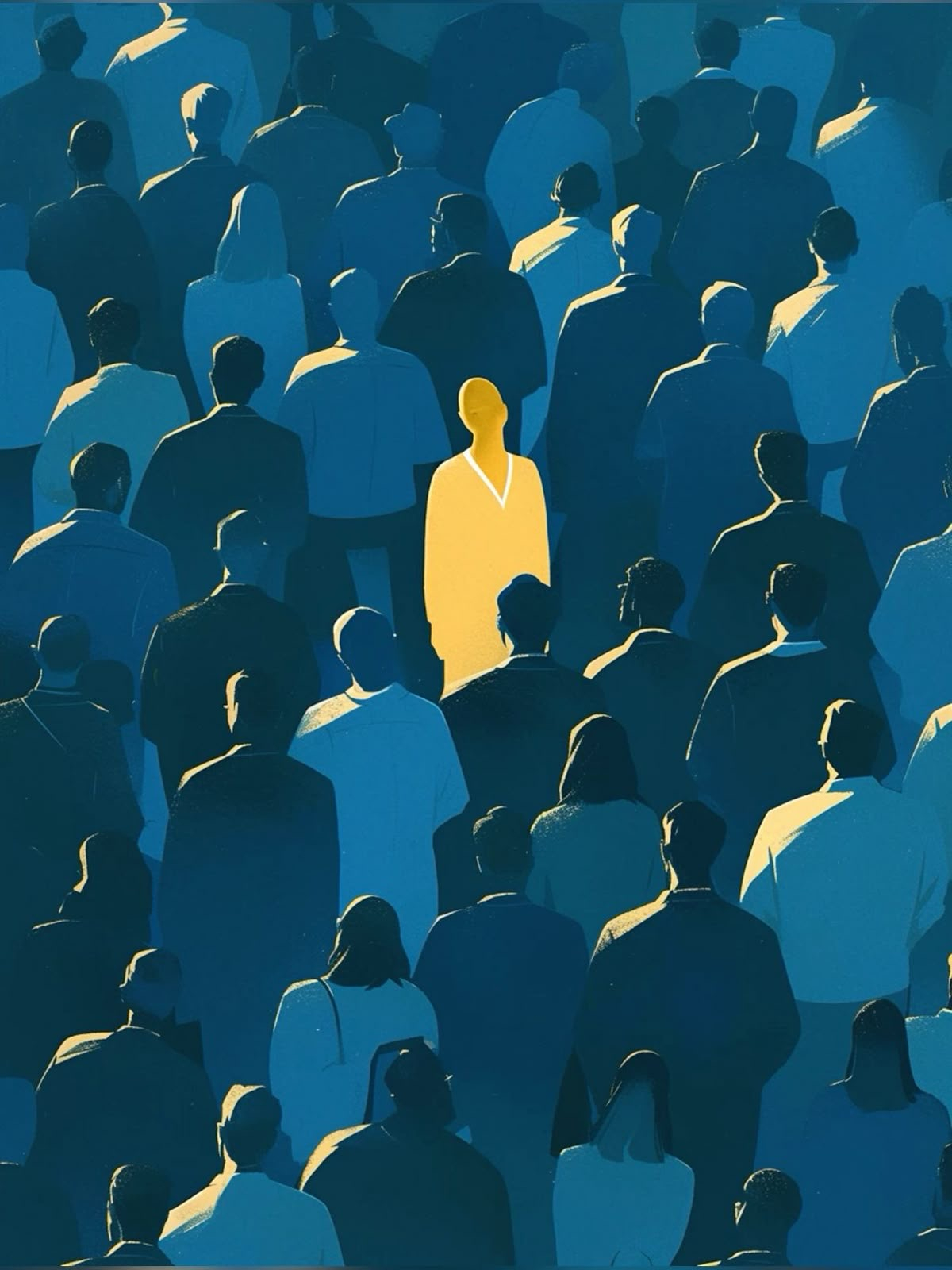Asian Discrimination in the Ivy League: Examining the Issues and Debates
Ivy Brothers •
Asian Discrimination in the Ivy League: Examining the Issues and Debates
The issue of Asian discrimination in Ivy League admissions has been a contentious topic for decades, sparking lawsuits, policy debates, and discussions about fairness in higher education. Critics argue that elite universities impose higher admissions standards on Asian American applicants, limiting their representation despite their strong academic qualifications. Defenders of current policies contend that holistic admissions practices promote diversity and ensure a well-rounded student body.
This article explores the history, evidence, key legal battles, and broader implications of alleged discrimination against Asian American students in Ivy League admissions.
The History of Asian Discrimination in College Admissions
Concerns about racial quotas in elite college admissions date back to the early 20th century. Harvard and other Ivy League schools once imposed restrictions on Jewish students, fearing that their academic achievements would lead to their overrepresentation. Many scholars argue that a similar pattern has emerged with Asian American applicants today.
By the late 20th and early 21st centuries, as Asian American students consistently outperformed other racial groups in standardized tests and academic metrics, some claimed that Ivy League schools began using subjective criteria—such as personality scores—to limit their admissions.
Reports indicated that Asian American applicants needed significantly higher SAT scores than students of other racial backgrounds to have an equal chance of admission. A 2009 Princeton study found that Asian Americans had to score 140 points higher on the SAT than white students, 270 points higher than Hispanic students, and 450 points higher than Black students to be equally competitive.
The Harvard Lawsuit and Affirmative Action Debate
One of the most high-profile legal challenges regarding this issue was Students for Fair Admissions (SFFA) v. Harvard. The lawsuit, filed in 2014, argued that Harvard’s admissions policies discriminated against Asian Americans by systematically giving them lower scores on subjective factors like personality, likability, and leadership.
Key Findings from the Lawsuit:
• Asian American applicants consistently scored lower on Harvard’s personality ratings compared to other racial groups, despite excelling in academic and extracurricular categories.
• Statistical models showed that if race were removed as a factor, the percentage of Asian American students admitted to Harvard would increase.
• Harvard defended its policies by arguing that race-conscious admissions were necessary to maintain diversity and that no racial quotas were in place.
In 2023, the Supreme Court struck down race-based affirmative action in higher education in a landmark ruling. The decision largely sided with SFFA’s arguments, determining that Harvard’s admissions process violated the Equal Protection Clause. This ruling significantly altered the landscape of college admissions across the country.
Are Asian Americans Held to a Higher Standard?
Many studies suggest that Ivy League schools expect Asian American students to outperform other applicants academically while scrutinizing them more harshly in subjective evaluations.
Common Allegations Against Ivy League Admissions:
1. Higher Academic Barriers – Asian students often need near-perfect grades and test scores to compete, while other applicants with lower scores may still be admitted due to racial preferences.
2. Stereotyping in Admissions – Some claim that Asian applicants are seen as lacking in leadership, creativity, or charisma, reinforcing harmful racial stereotypes.
3. “Soft Quotas” – While explicit racial quotas are illegal, critics argue that Ivy League schools unofficially cap the number of Asian admits to maintain a balanced racial composition.
Many Asian American applicants feel they must work twice as hard to receive the same consideration as peers from other racial backgrounds, leading to frustration and a sense of systemic bias.
The Broader Implications for Higher Education
With the Supreme Court’s 2023 ruling striking down affirmative action, elite colleges are now forced to rethink their admissions strategies. Some key questions moving forward include:
• Will Ivy League schools shift toward race-neutral policies? Institutions may rely more on essays, personal backgrounds, and socioeconomic factors rather than racial identity.
• Will Asian American enrollment increase? If race is no longer a consideration, many expect the number of Asian students admitted to top schools to rise.
• Will elite colleges find alternative ways to maintain diversity? Some universities may prioritize factors like first-generation status, geographic diversity, or holistic review methods to continue shaping diverse classes.
Many schools are already adopting strategies like dropping standardized test requirements or placing greater emphasis on essays to gauge a student’s background and challenges. However, the debate over fairness in Ivy League admissions is far from over.
Final Thoughts: The Future of Ivy League Admissions
The issue of Asian discrimination in Ivy League admissions remains a deeply complex and divisive topic. While elite schools emphasize the importance of diversity, the allegations of unfair treatment toward high-achieving Asian American students have raised serious ethical and legal questions.
With the Supreme Court’s ruling against affirmative action, admissions policies will undergo significant changes, potentially reshaping the racial and academic makeup of Ivy League institutions. Whether these changes will result in a fairer process or introduce new challenges remains to be seen.
For now, the debate continues, as students, parents, and policymakers grapple with what true meritocracy in higher education should look like.
Visit our website: www.theivybrothers.com
Schedule a consultation: https://tally.so/r/3Edv7
See More Posts
Ivy Brothers
Copyright © 2021 Ivy Brothers, Inc. All rights reserved.
Company
hello@theivybrothers.com



